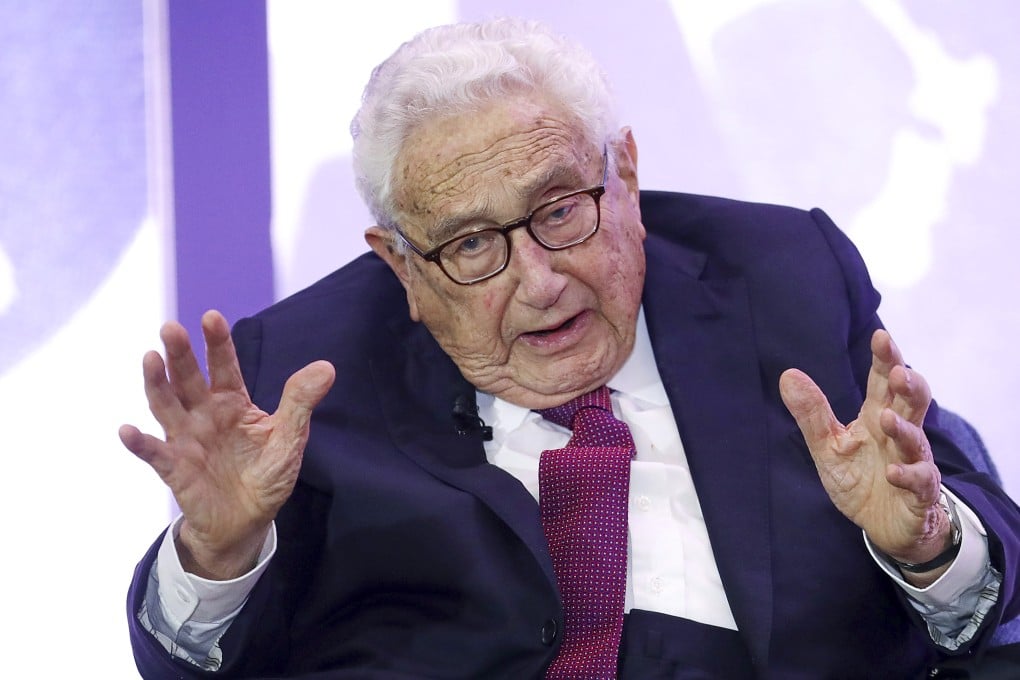My Take | As Henry Kissinger turns 100, think of those who never had the chance
- From Latin America to Asia, countless people suffered gravely and died as a direct consequence of the policies of America’s most famous diplomat

Tributes and congratulations, including those from Beijing, have been pouring in to celebrate Henry Kissinger reaching 100. We may, however, spare a few thoughts on the countless people who suffered gravely and died as a direct consequence of the foreign policies of America’s most famous diplomat – the ones who didn’t have the opportunity to live a full life. It may not be fair to blame it all on Kissinger; the institutions of which he once stood almost at the apex made all that possible, indeed inevitable; Dr Kissinger merely added a few personal touches.
Great intellectuals who entered politics with grand schemes usually ended up with their tail between their legs, if they were lucky enough to survive. Sima Qian, the Chinese Grand Historian often compared with Herodotus, had his testicles cut off on the order of the emperor who didn’t like his advice. Plato made several absurd attempts to realise his dream of educating a philosopher-king on the model of his Republic at the decadent strife-torn court of Syracuse and barely escaped with his life.
Machiavelli, a brilliant administrator and diplomat, was thrown in jail and put on the rack – no dislocated joints as they took it easy on him – after the Medici fought their way back to power in early 16th-century Florence.
Kissinger was one of the few who made it out on top. A distinguished scholar, he made fundamental contributions to our understanding of the post-Napoleonic diplomatic system in the first half of 19th-century Europe and Bismarck’s diplomatic dominance after 1870 as well as nuclear warfare. But he wanted to wield real power, not just study it. Long before Viagra, he famously said power was the ultimate aphrodisiac.
To appreciate his brilliance, read the first few pages of his Harvard doctorate thesis, published as “A World Restored: Metternich, Castlereagh and the Problems of Peace, 1812-1822”. There is the concise language and conceptual clarity, as he defines the nature of legitimacy in international politics, the pairing of contrasting concepts such as a revolutionary and a legitimate state, and bureaucracy and (creative) diplomacy. You won’t find a more readable PhD thesis.
